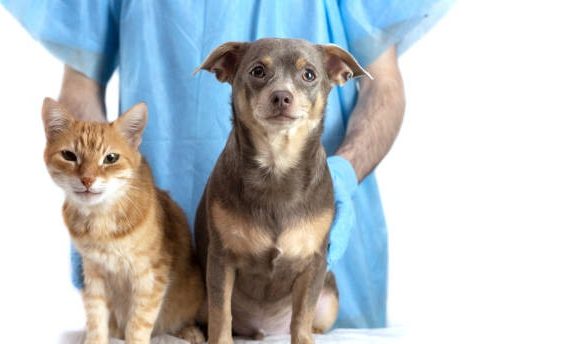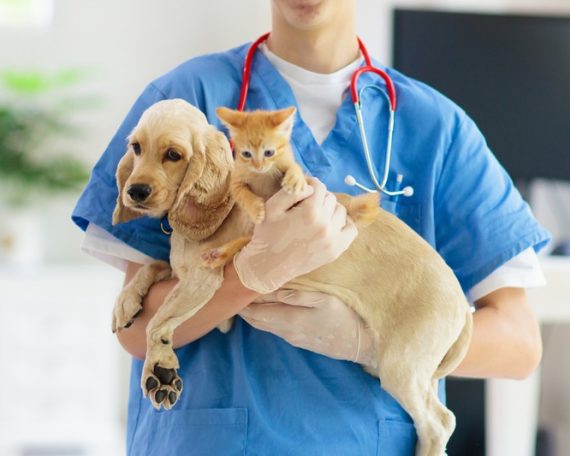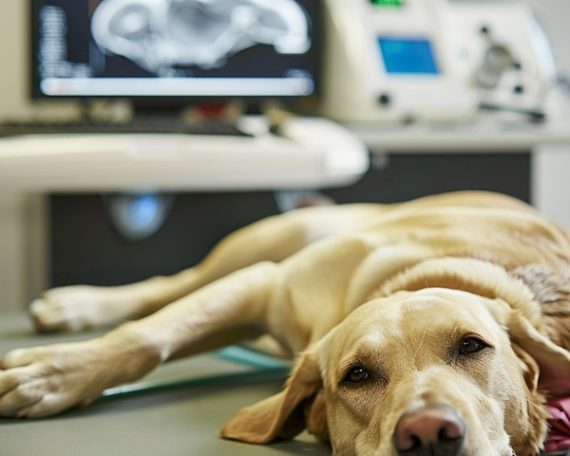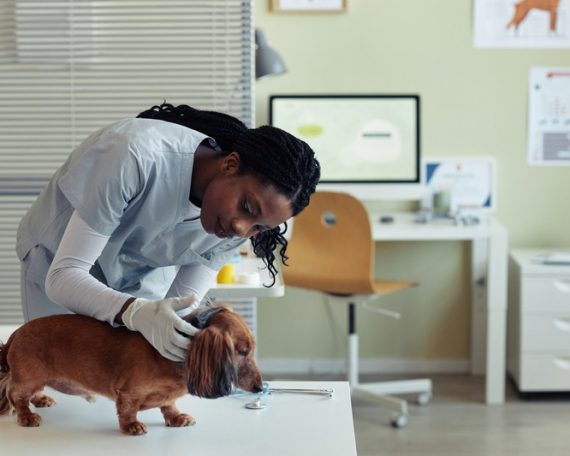Why Is Early Detection Crucial in Pet Cancer?
When it comes to our beloved pets, ensuring their health and longevity is always a top priority. Much like humans, animals are susceptible to a variety of health challenges, with cancer being among the most serious. Fortunately, advancements in veterinary medicine have improved the ways we can detect and treat cancer in pets. Early detection, specifically, plays a critical role in the outcome and quality of life for our furry friends diagnosed with this disease.
The Impact of Early Cancer Detection on Treatment Success
Identifying cancer early in pets can dramatically improve the effectiveness of the treatment. Cancers detected at an initial stage often require less aggressive treatments, which can be less stressful for your pet and less costly for you. The chances of remission are also significantly higher when the disease is caught early. Here are several reasons why early detection is crucial:
-
Expanded Treatment Options: Early-stage cancers are typically more localized and can often be managed with surgery alone. This can spare your pet from the need for extensive treatments like chemotherapy or radiation, which can be harder on their body.
-
Increased Survival Rates: Pets diagnosed with cancer early generally have a better prognosis and higher survival rates. This early intervention can literally mean the difference between life and death.
-
Improved Quality of Life: Managing cancer before it progresses can help maintain your pet’s quality of life, preventing symptoms like pain and lethargy that often come with more advanced diseases.
Signs and Symptoms of Cancer in Pets
Recognizing the warning signs of cancer can be challenging yet pivotal. While some symptoms are more apparent, others might be subtle and easily overlooked. As a pet owner, you should watch for:
-
Unexplained weight loss or weight gain
-
Swellings that persist or continue to grow
-
Sores that do not heal
-
Loss of appetite or difficulty eating
-
Bleeding or discharge from any body opening
-
Offensive odor
-
Difficulty breathing, urinating, or defecating
-
Persistent lameness or stiffness
-
Changes in mood or behavior
It’s essential to consult your veterinarian if you notice any of these symptoms in your pet.
Why Vet Check-Ups Crucial in Detecting Cancer Early
Regular check-ups with a veterinarian are vital. These visits allow professionals to monitor your pet’s health and can help uncover underlying issues, including cancer before they become critical. For instance, during a routine visit, a vet might feel a small lump or detect organ abnormalities that could suggest the presence of cancer. These early detections can be probed into further diagnostic evaluations like biopsies, blood work, X-rays, or ultrasounds.
Advancements in Diagnostic Tools
Veterinary medicine has come a long way, and now there are several advanced diagnostic tools available for early cancer detection in pets, including:
-
High-resolution imaging (MRI, CT scans)
-
Digital radiography
-
Ultrasonography
-
Endoscopy
-
Laboratory tests (biopsies, blood tests)
Promoting Awareness About Cancer in Pets
Educating pet owners about the signs of cancer and the importance of regular vet visits can lead to significant reductions in late-stage cancer diagnoses. Awareness campaigns and educational resources play a crucial role in this aspect, helping pet owners make informed decisions about their pet’s health.
Finding the Right Veterinary Care
Choosing the right veterinarian is crucial, not just for cancer care but for your pet’s overall well-being. Finding a skilled puppy veterinarian in Leighton, AL, can ensure your young pet gets the appropriate care and preventive measures starting from their early days.
When to Seek Urgent Care
There are circumstances under which immediate emergency veterinary care is necessary. Acute symptoms like severe bleeding, sudden collapse, or intense pain require urgent attention. Knowing when and where to get help can save your pet’s life in emergencies.
The Emotional Aspects of Pet Cancer
Dealing with a pet’s cancer can be emotionally taxing. However, having support groups and counseling services for pet owners can immensely help them navigate these challenging times. Here, sharing experiences with others facing similar challenges can provide emotional support and practical advice.
Cancer treatment in pets, known as pet oncology, has evolved, providing hope and solutions that were not available in the past. Vets specializing in oncology can offer therapeutic options tailored specifically for your pet’s condition, considering factors like the type of cancer, its stage, and the overall health of your pet. Learn more about addressing cancer in pets here.
Guidelines for Preventative Care
Preventative care and routine screening are key components in the early detection and management of cancer in pets. By following a proactive health plan tailored to your pet’s breed, age, and health status, pet owners can significantly decrease the risks and improve the early detection rates of cancer in their beloved animals. Here are essential guidelines to consider:
-
Regular Health Screenings: Schedule regular health assessments with your veterinarian, including detailed physical examinations and periodic diagnostic tests. Pets, especially those in higher risk categories due to age, breed, or genetic predispositions, may benefit from more frequent checks. Early diagnostic tests may include blood tests, imaging like X-rays and ultrasounds, or even genetic testing for breeds susceptible to specific cancers.
-
Tailored Vaccination and Prevention Protocols: Work with your veterinarian to establish a vaccination schedule that fits your pet’s specific needs, helping to prevent viruses known to lead to cancers, such as the feline leukemia virus. Additionally, discuss the appropriate preventive measures for parasites and other environmental risks that can increase cancer risks.
-
Diet and Nutrition: Nutrition plays a crucial role in your pet’s overall health. Feeding your pet a balanced diet rich in essential nutrients can bolster their immune system and help fend off diseases, including cancers. Consult your veterinarian for recommendations on diets that offer protection against cancer and support overall well-being.
Final Thoughts
The emphasis on early detection of cancer in pets cannot be overstated. It leads not only to better health outcomes but also to reduced treatment complexities and costs. As pet parents, staying vigilant about your pet’s health signs, keeping consistent with veterinary check-ups, and being proactive about possible symptoms are key steps in combating this dire health threat. Let’s commit to ensuring our pets get the best chance at a long, happy, and healthy life.










